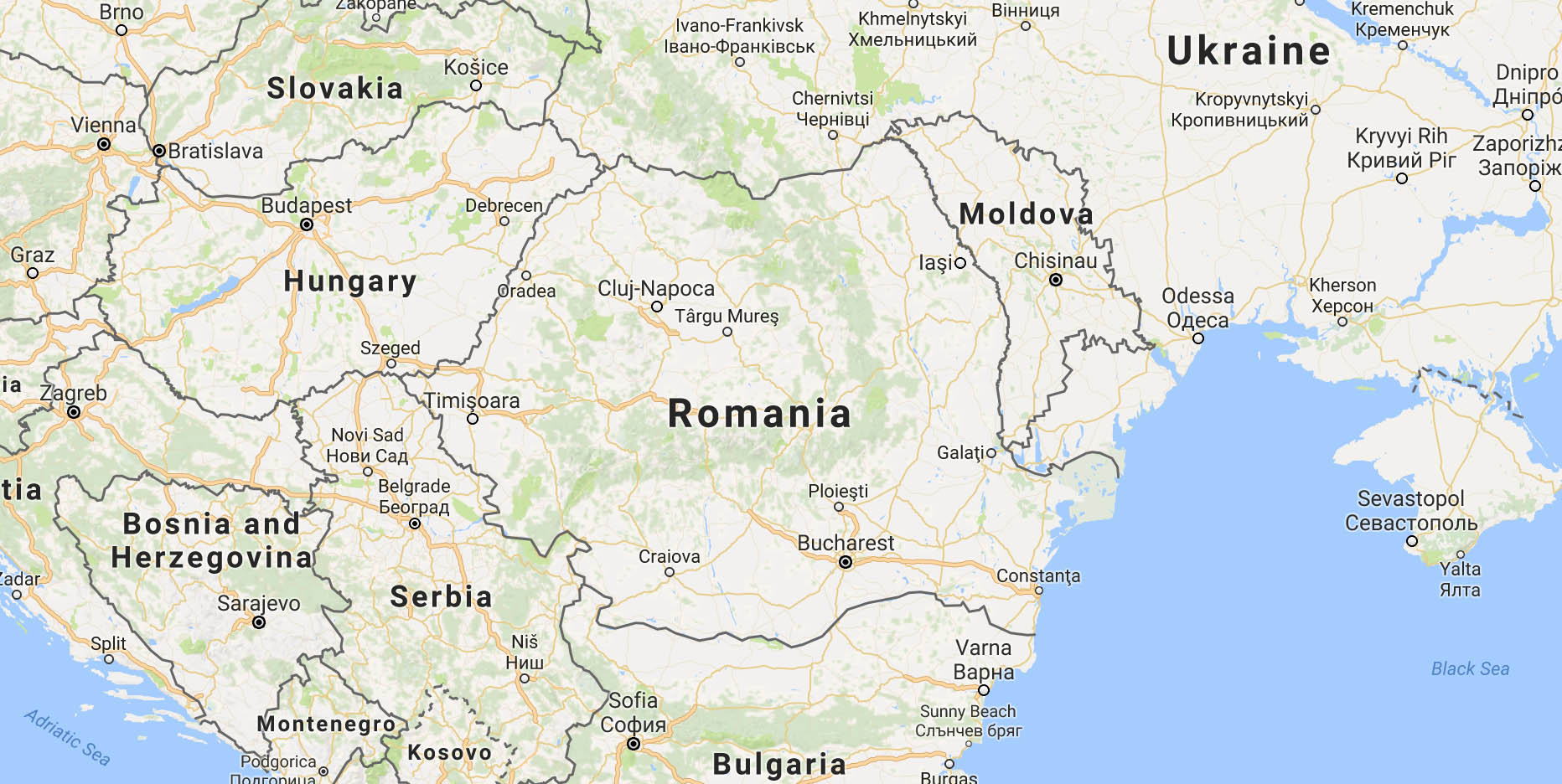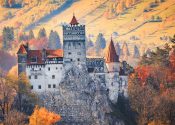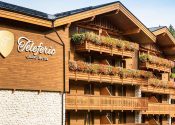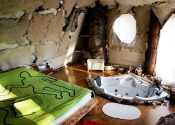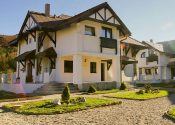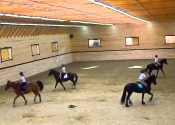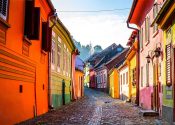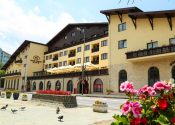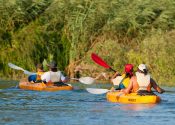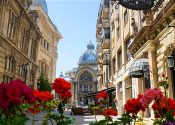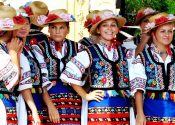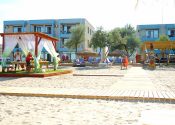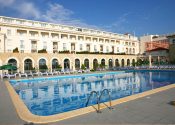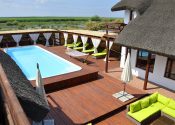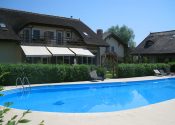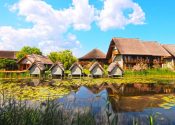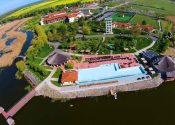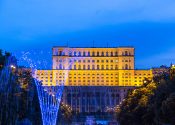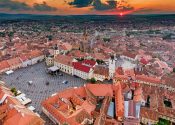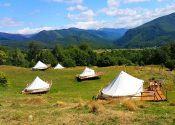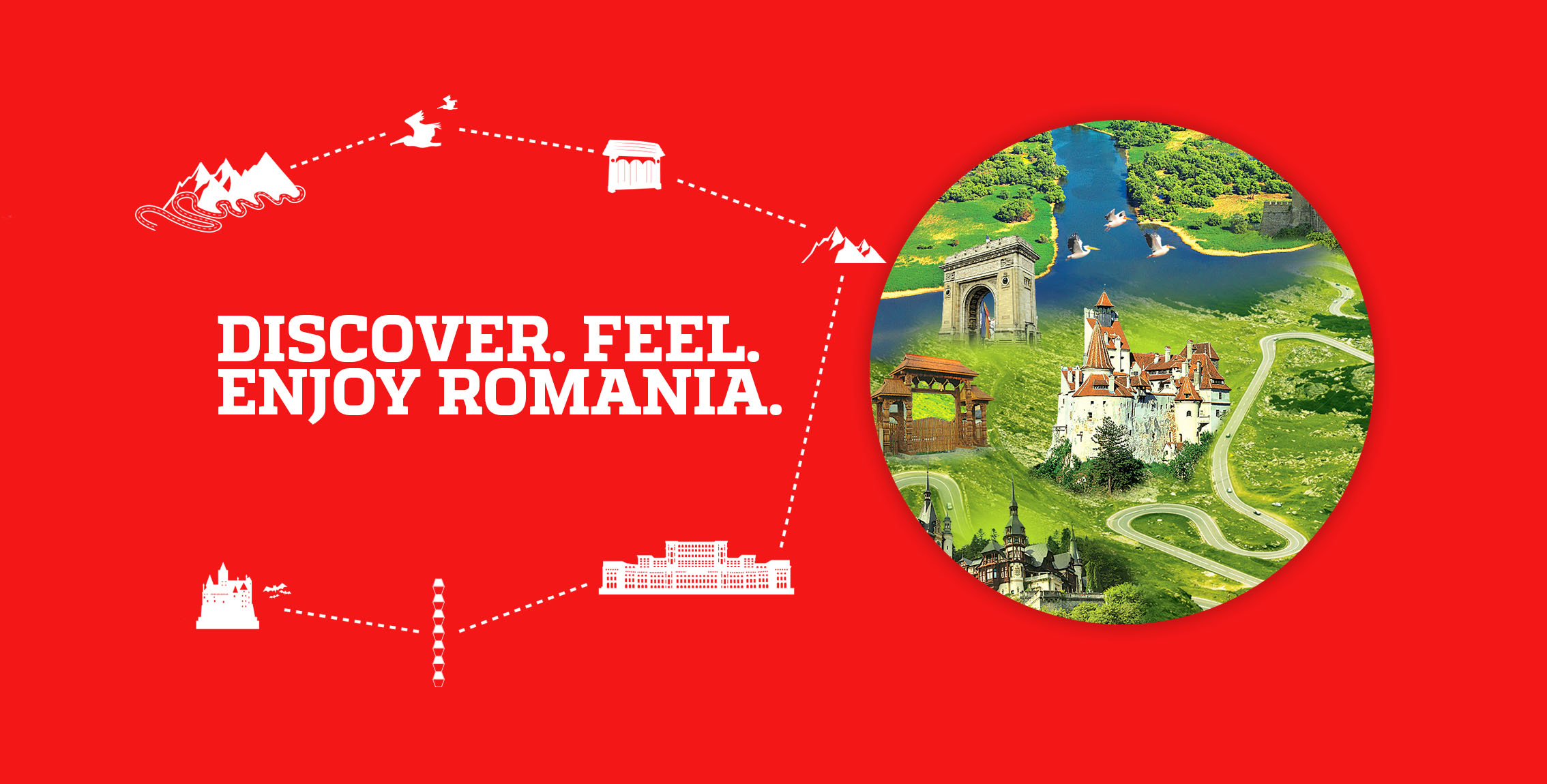
Pack your bags and head to Romania for your next getaway. With 7 monuments listed as UNESCO Patrimony, breathtaking and unique landscapes, rich culture and traditions, events and attractive night life, tasty food and friendly people – Romania will surprise you. We have created special deals so you can book the trips that you shouldn’t miss when visiting Romania this year!
Generally not required for stays of up to 90 days. Passport holders of EU member states can stay indefinitely.
More Information
Citizens of EU countries do not need visas to visit Romania and can stay indefinitely. Citizens of the USA, Canada, Australia, New Zealand, Israel, Japan and many other countries can stay for up to 90 days without a visa. Other nationalities should check current requirements with the Romanian embassy or consulate in their home country. As visa requirements can change, check with the Ministry of Foreign Affairs (www.mae.ro/en) before departure.
Note that Romania, while a member of the EU, is not part of the EU’s common border and customs area known as the Schengen area. In practice, this means that regardless of nationality you will have to show a passport or EU identity card when entering from EU member states Hungary and Bulgaria, as well as from non-EU states Ukraine, Moldova and Serbia.
Customs Regulations
- You’re allowed to import hard currency up to a maximum of €10,000 or the equivalent.
- Goods valued over €1000 should be declared upon arrival.
- For foreigners, duty-free allowances for items purchased outsideof the EU are 4L of wine, 2L of spirits and 200 cigarettes. For more information, go to customs.ro.
Passports
All international visitors to Romania are required to have a valid passport (EU members must carry a valid EU ID card). The expiration date of the passport should exceed your travel dates by at least three months, though some airlines will not allow passengers to board unless the passport is valid for at least six months.
A month by month guide
January, February and March in Romania are best left to winter sports enthusiasts hoping to make the most of the snow covered and lesser visited slopes and tracks of the Carpathians.
Temperatures at the start of the year can be bitterly cold, especially in rural areas and away from the milder coastline, and it’s not until April that things start to warm up as trees and meadows become adorned with blossom and wild flowers.
May is notoriously wet so pack accordingly if you’re attracted by the bird watching potential on the Danube Delta. Hikers will also need to be aware of conditions under foot as things can get a tad slippery, especially on steep slopes in and around the Bucegi Mountains, just south of Brasov.
Just after the Easter holidays is the best time to go to Romania for cultural sightseers as there are less crowds, milder temperatures and the snowy sludge has all but vanished from the city streets.
Warm weather hikers will be in their element during June however, the summer attracts the crowds and getting out of the cities and into the countryside is best advice for responsible travellers looking for alternatives to the coast.
July and August might be the best time to go to Romania for those restricted by the school holidays but if you can travel during September and October you’ll find fewer crowds, milder temperatures and a more authentic atmosphere associated with the autumnal colours of harvest time.
Romania in winter is a much darker prospect with Transylvanian tales told in front of log fires and over steaming bowls of soup – the only things to keep lonely travellers warm during November and into December.
ATMs are widely available. Credit cards are widely accepted in hotels and restaurants.
ATMs are the quickest and most convenient way of getting cash. They also offer the best exchange rate, but only if you choose to be charged in the local currency. ATMs are widely available throughout the larger cities in Romania, and most of them accept Visa (Plus), MasterCard (Cirrus and Maestro) and AmEx.
Even though it joined the European Union in 2007, Romania hasn’t adopted the Euro yet (it’s scheduled to do so in 2019). The country’s official currency is the Leu (Lei in plural).
New Lei banknotes are available in denominations of 1, 5, 10, 50, 100, 200 and 500. L1, L5, L10, L50 and L100 are the most commonly used notes. L200 and L500 notes are rarely used. They also aren’t dispensed by ATMs. Bani coins come in denominations of 1, 5, 10 and 50. 10 and 50 bani are the most common coins in circulation.
Euros are sometimes accepted at larger Hotel Chains in Bucharest. However, the Leu is the only currency that should be used in Romania.
Exchanging currency in Romania
Lei aren’t readily available outside of Romania, which means you’re unlikely to get a good rate if changing currency before your trip. It’s best to exchange your money once you arrive in the country. ATMs often offer the best rates. Banks and authorised exchange bureaus are another option, and are widely available in Bucharest and in other large cities.
Tipping
- Restaurants – Tip 10% of the bill to reward good service.
- Taxis – Drivers won’t expect a tip, but it’s fine to round the fare up to reward special service.
- Hotels – Tip cleaning staff 3 to 5 lei per night or 20 lei per week to reward good service. In luxury hotels, tip doormen and concierges 5 to 10 lei for special assistance as warranted.
- Personal services – Tip hairdressers and other services around 10%.
Romania is a relatively safe country and visitors are not subject to any major health dangers that one wouldn’t find in any other European country.
Before You Go – Medical Checklist
Prevention is the key to staying healthy while abroad. A little planning before departure, particularly for pre-existing illnesses, will save trouble later.
- Bring extra medications in their original, clearly labelled, containers.
- A signed and dated letter from your doctor describing your medical conditions and medications, including generic names, is a good idea.
- If carrying syringes or needles, be sure to have a doctor’s letter documenting their medical necessity.
- Carry a spare pair of contact lenses and glasses, and take your optical prescription with you.
Recommended Vaccinations
There are no vaccinations required to enter Romania.
Health Insurance
- EU citizens are entitled to free emergency medical care provided that they have a European Health Insurance Card (EHIC), available from health centres or via dh.gov.uk in the UK.
- Citizens from other countries will likely have to pay cash upfront for any medical treatment and then seek reimbursement later from their private or public health insurers.
- Be sure to save any and all paperwork provided by the hospital to present to your insurance company along with any reimbursement claim.
In Romania
Environmental Hazards
Water
Any water found in the mountains should be treated with suspicion – never drink it without purifying (with filters, iodine or chlorine) or boiling it first, unless assured that it’s safe to drink by a guide or local authority.
Tap Water
Tap water is generally considered safe to drink in Romania, though nearly everyone drinks bottled water: it’s cheap and available everywhere.
Availability & Cost of Health Care
Every Romanian city or large town will have a hospital or polyclinic that handles emergencies. In rural areas, the nearest hospital may be quite some distance away, though local people will be able to advise the best course of action.
Romanian hospitals and medical centres may not look promising from the outside, but rest assured if something does go wrong, you will receive relatively prompt, professional care.
If you need to go to the hospital, be sure to bring your passport, credit card and cash, as you may be required to prepay for services. EU citizens should bring their European Health Insurance Card (EHIC). You’ll likely have to pay out of pocket for any medications, bandages or crutches, as the case may be.
Romanian health care, particularly in public hospitals, is generally affordable by Western European (and certainly American) standards. Rates can be much higher in private clinics, though the quality of the care may be better as well.
Romania is a safe country for tourists and for recent years the worst that happened with a foreigner is that his phone been stolen. Nevertheless, some areas hide certain risk, however, if follow basic safety precautions and avoid unpleasant areas your voyage will be absolutely smooth. Violent crime against foreigners is rare. SafeAround has compiled information from numerous sources make sure you have a safe trip in Romania and be aware of all potential dangers.
Romania is a very safe country. It is ranked 30th out of 162 on the ranking of the safest and most dangerous countries.
Romania is safe for women travellers. The assaults are rare and almost doesn’t exist, though worth to be aware of your surrounding and avoid visiting any places alone if possible. Kidnapping is not existing. Mugging is rare and rarely committed against foreigners. Terrorist attacks never happened in Romania.
Fix Events & Travel
Intrarea Valului Nr. 2, Parter,
Sector 1 Bucharest, 014483, Romania
office@fixtravel.ro
+40 21 796 89 11

